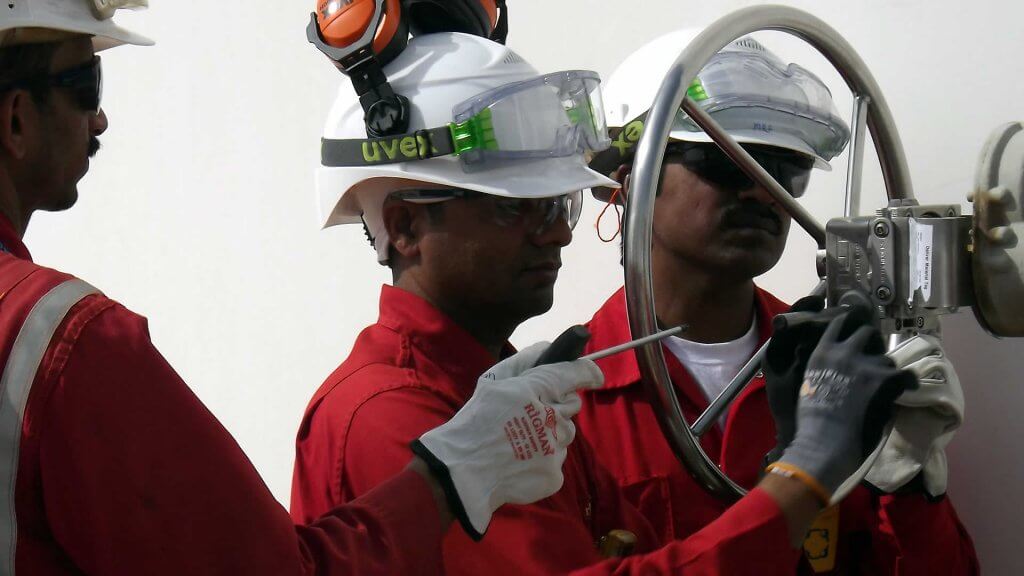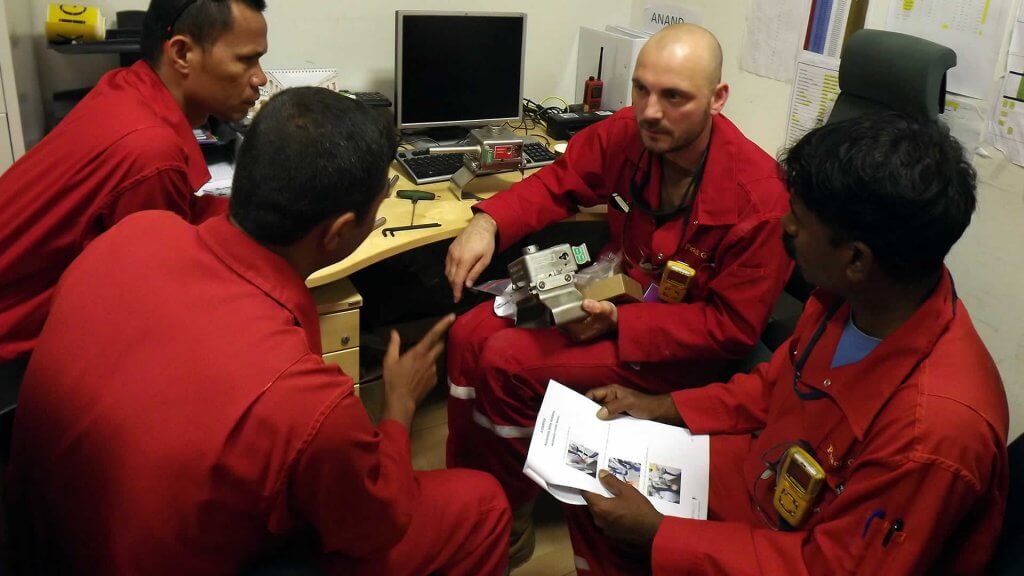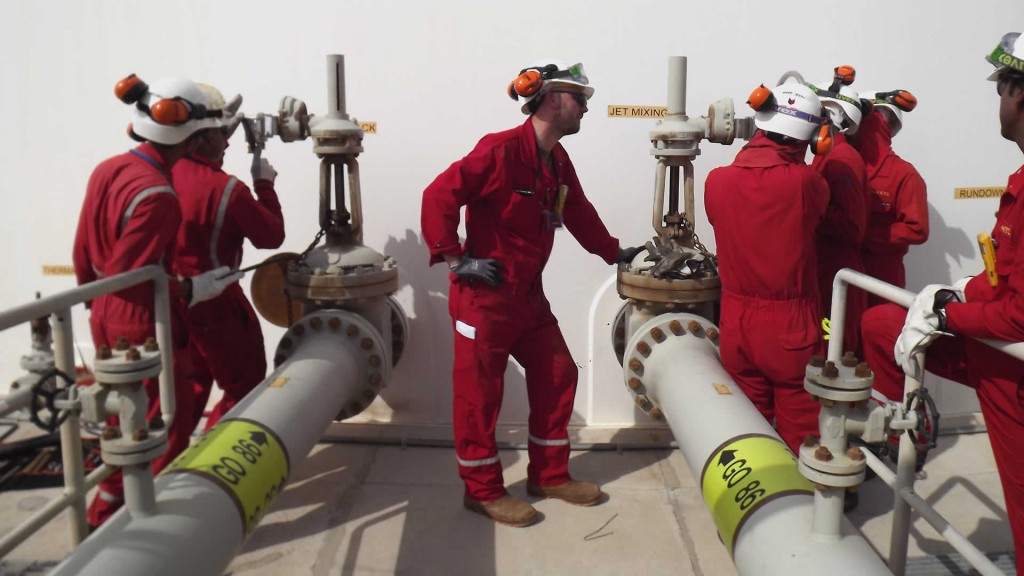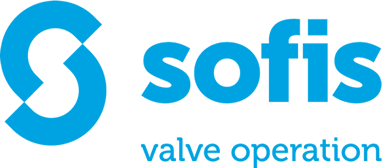To mitigate the effects of human error, training for operators and maintenance teams is required to understand valve systems and products.
Mitigate effects of human error (goal zero)
A scenario to avoid
Incorrect manual valve operation can lead to valve interlocks getting damaged or bypassed in the field.
Not directly impacting your process, malfunctions caused by incorrect use of valve safety systems tend to stay unnoticed for a longer period.
Without getting reported, this will result in hidden defects, leading to unwanted downtime and an increased safety risk.
Avoid safety breaches and unwanted standstill time
Hidden defects can potentially lead to incidents and even accidents. Unfortunately, there are many examples of accidents in the industry. Accidents can have a major impact, both financially as well as on personal lives, your assets and the environment.
If the right counteractions are put in place, unwanted standstill time and severe safety breaches, can be prevented.
Sofis structural training programs help to avoid safety breaches and unwanted standstill time. Aimed at operators and maintenance teams, they substantially improve your staff’s knowledge on valve safety systems, learning them to avoid human errors that lead to safety risks.
Training programs
Sofis provides recurring training programs on different knowledge levels, aimed at different roles and teams.

For operators
Focused on avoiding incorrect use and manipulation of valve interlocks, leading to interlock defects.
Your operators gain knowledge about interlocks, resulting in less issues and defects, and increased process up-time.

For maintenance teams
Combined with an annual interlock inspection, this training focuses on identifying hidden valve interlock defects.
This will result in less standstill time caused by ad hoc issues, and increase economic lifetime of components and systems.

Training, certification, and registration
A structural training program provides recurring training sessions for your operators and maintenance teams. This includes:
- theoretical and practical training on-site;
- certification based on experience level;
- certification registration and expiration monitoring;
- certification Continuation Program

